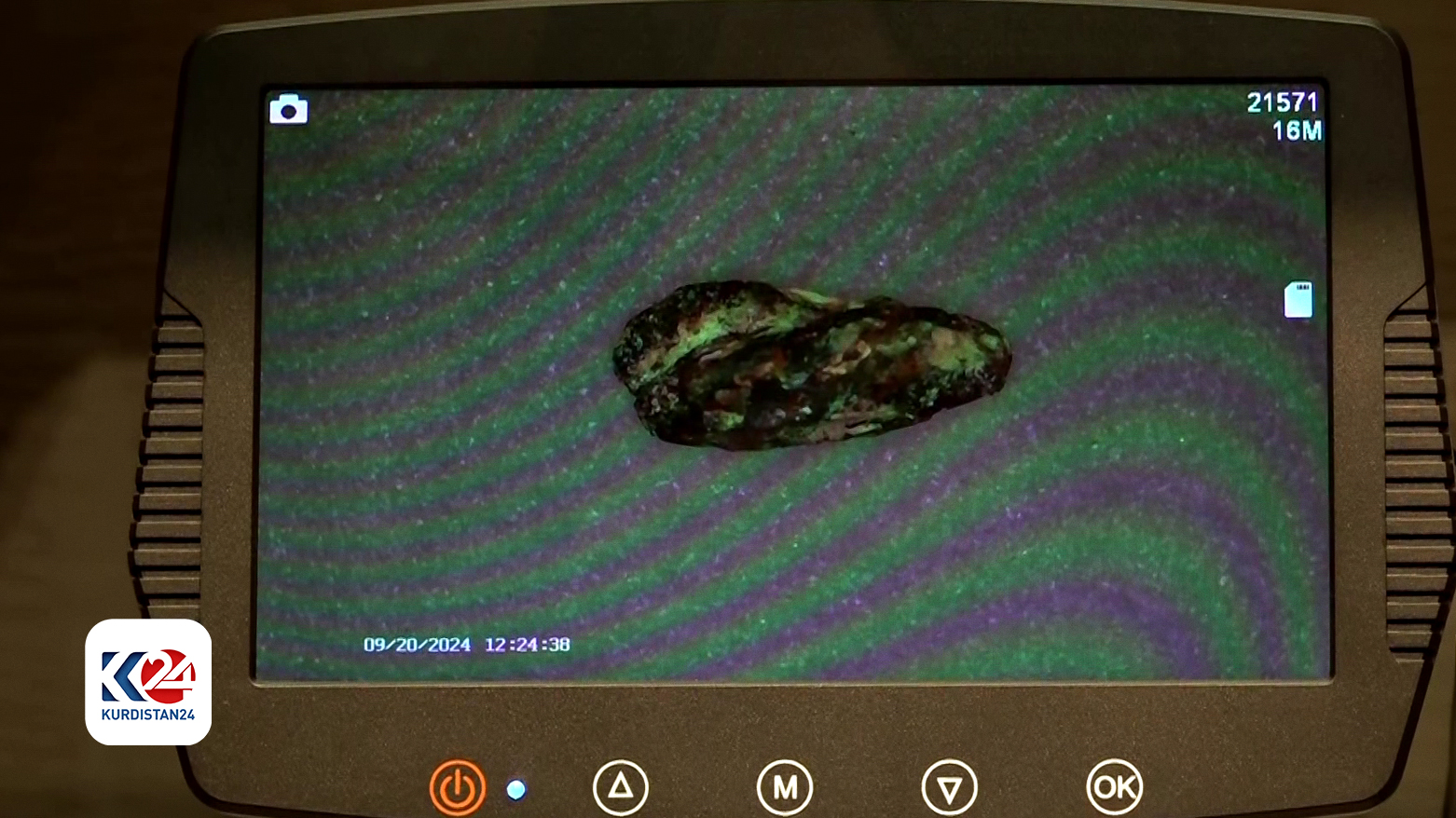Kurdistan24 reports from Zhejiang: 10,000-year-old rice on display in Shangshan Museum
"The Shangshan culture, represented here, dates back more than 10,000 years," explained the museum director. "It bridges the gap between the Old and New Stone Ages and provides insight into the first 6,000 years of Chinese civilization."

ERBIL (Kurdistan24) – A remarkable archaeological site in Zhejiang Province, China, is shedding light on the origins of civilization in the country, with evidence suggesting human habitation dating back an astounding 10,000 years.
The site, discovered in 2000 and meticulously excavated over six years, is believed to be the location of the world's first domesticated rice cultivation.
This groundbreaking finding pushes back the known history of agriculture and offers a glimpse into the early stages of Chinese society.
"The Shangshan culture, represented here, dates back more than 10,000 years," explained the museum director. "It bridges the gap between the Old and New Stone Ages and provides insight into the first 6,000 years of Chinese civilization."
Among the artifacts unearthed are pottery fragments and remarkably preserved rice grains, a testament to the ingenuity and resourcefulness of these early agriculturalists.
The museum built on the site attracts over 200,000 visitors annually, including curious minds from around the globe. One visitor from southern China shared, "I've always wondered about the history of rice farming, and seeing it firsthand here was truly impressive."
Beyond rice cultivation, the site boasts evidence of the world's earliest colored pottery, showcasing the artistic and technological advancements of the Shangshan people.
With 24 other related sites identified in the region, archaeologists anticipate further discoveries that will enrich our understanding of this pivotal period in human history.
The findings in Zhejiang reaffirm China's position as a cradle of civilization, offering a tangible connection to the roots of agriculture and the dawn of human society.












Further reporting was done by Kurdistan24's correspondent Azar Faruq from China